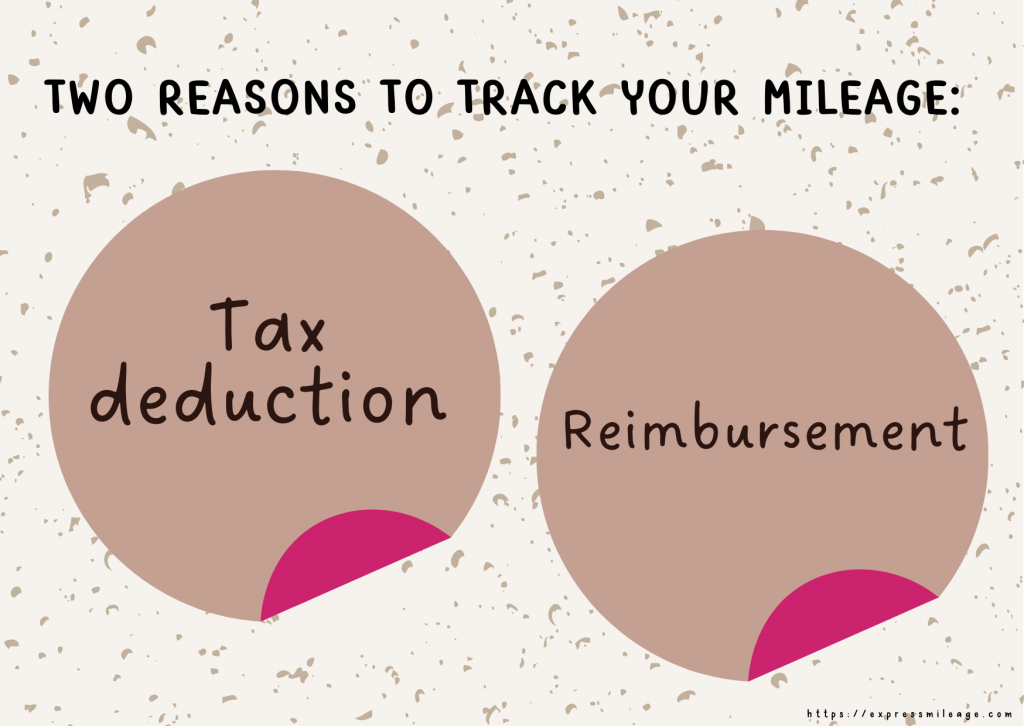How many round-trip flights are you taking? More importantly, how many miles you’re accruing? Are you driving for work? This can make a difference when it comes time to claim your tax deduction.

Keep your mileage log handy to record the details of each trip. There are two reasons to track your mileage:
- Tax deduction
- Reimbursement
The IRS allows you to deduct up to 56 cents per mile driven for business purposes.
- If you’re self-employed, this benefit is an even more important way to save on taxes, because it offsets your business expenses against your income. The key here is tracking the miles you drive for business purposes only.
- The other reason to keep a mileage log is if your employer reimburses you for mileage. Most companies reimburse employees only for the cost of gasoline, but some will reimburse above that amount if it can be documented.
- If you’re a business traveler and you can’t use your employer’s travel policies, you may be able to deduct your business trip expenses from your taxes. You’ll use IRS Form 2106 for mileage, airplane tickets, and other expenses while traveling on business. However, due to some changes, prior to 2018, any employee with unreimbursed work expenses could use Form 2106 to claim those expenses as a miscellaneous itemized deduction. It is still a smart move if you can use your employer’s travel policies to save more time and effort.
- If you’re not reimbursed for your travel expenses, you can use the standard mileage rate to calculate what you can deduct from your taxes. The standard rate changes every year. You may also deduct tolls and parking fees. This is one of the simplest tax deductions to take advantage of each year, and it’s easy to keep track of how many miles you drive for work throughout the tax year.
- Frequently, these logs are vital. In the event of a theft or other loss, your mileage log can be used to prove your business-related traveling expense.
- In the event of an audit, you must be able to prove that business-related mileage and all related expenses were logged and used for tax purposes. Having a mileage log that shows the miles you drove and the destination will prove that your trip was for business purposes and may entitle you to a tax deduction as well as insurance reimbursement. The IRS has strict documentation rules regarding how business miles should be logged and tracked. If you fail to keep track of your driving expenses, this could lead to an audit with extra taxes owed.
The IRS has the authority to audit mileage log records. If you are using your vehicle for business, you should be keeping track of miles driven for business purposes. The IRS looks at many different things when it audits mileage logs, including the average cost per mile of your vehicle. That is why you don’t just record the miles driven. Record the purpose of each trip, including any stops along the way.

ExpressMileage is the most accurate mileage log maker that is verified to meet IRS log requirements. It’s simple, easy to use, and has all of the features you need to get reimbursed for your business miles or get the trip mileage deduction on your tax return. It lets you track your business, medical, moving, charitable, and other miles – all with one app.
Logging miles doesn’t require a big investment, but it does take time, and you have to use the right tools. How does it work? Need more details? Visit our FAQ’s page.




